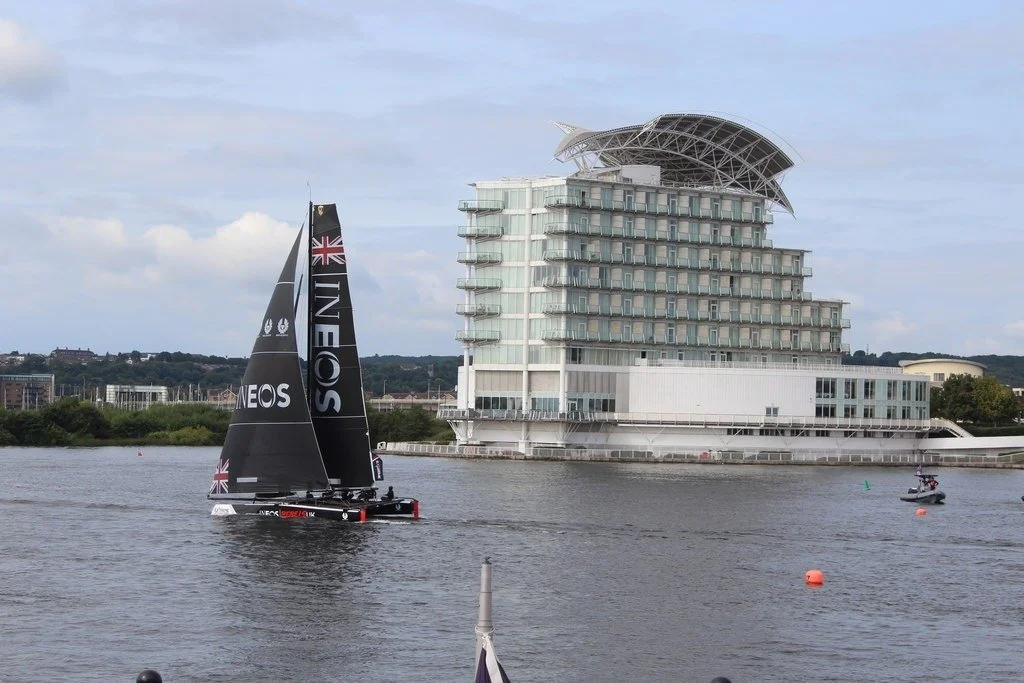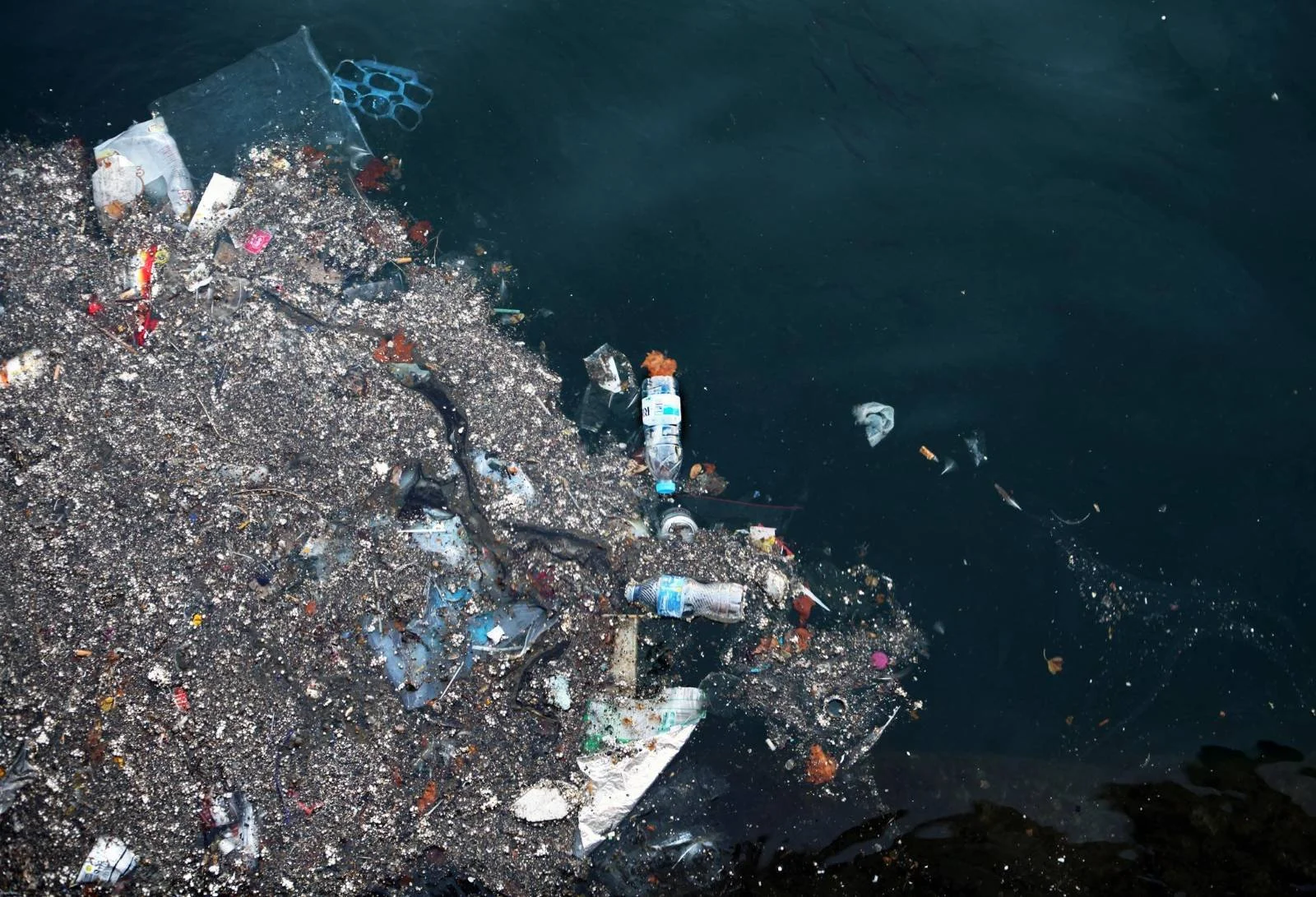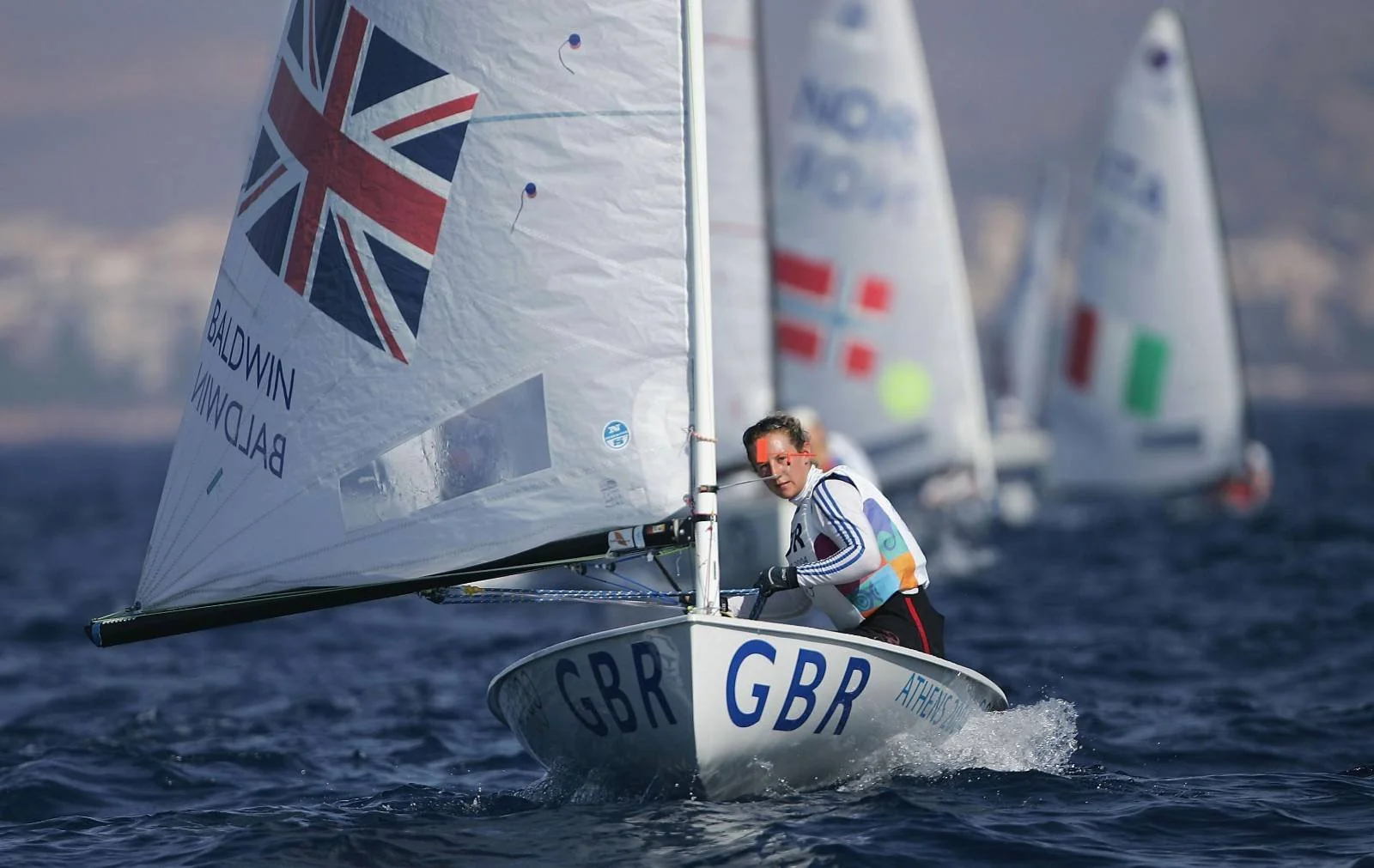Sailing in Plastic Waters: Ineos Britannia and the America's Cup
Cool Down is a network of organisations. Blogs uploaded to the site are by no means a reflection of the opinions of every member organisation
Would a health conference be sponsored by a fast food company, or a peace festival partner with an arms manufacturer? Such mismatches would appear absurd in their hypocrisy. But when it comes to major sports events, sponsorship from climate-wrecking industries that endanger the future of the sports they fund is not just common, it’s the norm. This year’s America’s Cup is no exception, argues Liam Killeen.
Renowned as the world’s oldest international sports competition, the America’s Cup showcases cutting-edge technology, strategic brilliance, and the finest sailing talent. But while the yachts glide seamlessly through the water, a darker reality lurks behind the corporate logos that adorn the sails. Among a litany of high-carbon team sponsors at this year’s tournament, Ineos’s sponsorship of Britain’s team stands out as the most contradictory. Sailing, a sport founded upon a veneration of the sea, now has its crowning regatta promoting a company whose products pollute the world’s oceans.
Plastic Pollution and Planetary Health
Ineos Britannia, led by British Olympic sailing legend Sir Ben Ainslie, is competing against New Zealand in this year’s America's Cup, but its sponsor casts a long shadow. Ineos, a petrochemical giant, is one of the largest plastic producers in the world, with products that persist in the environment for centuries. Britain’s sailing team are competing for glory on the water polluted by their sponsor. This begs the question: if Ineos Britannia win, is this really a success for British sailing? Or is it, rather, a victory for those wishing to pollute with impunity?
The America’s Cup, often framed as a test of innovation and environmental sustainability, has this year partnered with World Sailing to invest in Barcelona’s ‘circular blue economy’’. This initiative aims to develop sustainable practices in maritime industries. However, the inclusion of Ineos as a team sponsor in the tournament raises serious questions about the integrity of these efforts. How can a company whose business derived largely from single-use plastics—major pollutants of the oceans—truly contribute to a ‘circular’ economy? This is the Janus-faced ‘sustainability’ rhetoric typical of tournaments, sports bodies, and teams that allow high-carbon industries to promote their brands with impunity.
The scale of the plastic crisis is staggering. The United Nations Environment Programme reports that about 11 million metric tonnes of plastic waste are dumped into the oceans each year, a figure that could nearly triple by 2040 if current trends persist. This deluge of plastic has dire consequences for marine ecosystems, causing physical harm to marine life through entanglement and ingestion, and breaking down into microplastics that taint food chains. By 2050, plastic waste is anticipated to surpass fish in our oceans by weight.
Plastic pollution’s repercussions for both human health and non-marine biodiversity are also profound. In Barcelona, the host city of this year’s America’s Cup, microplastic pollution is a major cause of concern. Research reveals that the Mediterranean Sea is one of the most polluted seas worldwide, and the Catalan coast in particular is a hotspot for microplastics. This is harmful to every level of marine biodiversity, from phytoplankton, to predatory seabirds.
In fact, microplastics have infiltrated every corner of our planet—from the oceans and soil to the very air we breathe. Recent research highlights a disturbing reality: humans are constantly ingesting microplastics. From table salt, to tap water, microplastics can be found across large portions of the global food system. Remarkably, it's estimated that the average adult ingests about 2,000 microplastics annually from salt alone.
While the dangers of chemicals leaching from plastics—such as those from water bottles and other products—are well-documented, including links to hormone disruption, weight gain, insulin resistance, reproductive issues, and cancer, the precise effects that large ingested quantities of microplastics have on human health remain elusive.
Ineos’s contribution to the wider climate and ecological crisis is also significant. The company's extensive plastic production not only fuels waste accumulation but also involves energy-intensive processes reliant on fossil fuels, positioning Ineos as a major carbon emitter within the plastics industry. The petrochemical sector alone accounts for over 14% of global oil consumption, making it a major driver of the climate crisis. Indeed, if the sector were a country, it would rank second in global oil use.
Rising atmospheric CO2 again impacts marine biodiversity and the coastal economies that depend on them. The bleaching of the world’s coral reefs is one of the most visible signs of the impact the climate crisis has on marine biodiversity. These vital ecosystems support 25% of marine species, many of which are also threatened directly by increased levels of CO2 taken up by the world’s oceans.
The Sportswashing Playbook of Ineos
Ineos has mastered the art of sportswashing, a tactic that aims to use sports as a platform to distract from corporate misdeeds. By associating its brand with high-profile sports teams and events, Ineos effectively camouflages its controversial operations behind a veneer of athletic excellence and triumph. In a recent report by Cool Down member, the New Weather Institute, it was revealed that Ineos is the second-largest fossil fuel sponsor in sport, with at least $776 million across its active deals.
The company's sports investments are extensive and varied:
INEOS Grenadiers: This professional cycling team, formerly known as Team Sky, is a prime example of Ineos’s strategic placement in the public eye. This team is named after Ineos’s Grenadier—a vehicle designed for rugged terrain and to further associate its brand with adventure and exploration.
Mercedes F1 Team: Ineos holds a one-third stake in this prominent Formula 1 team.
All Blacks: Sponsoring New Zealand's renowned rugby team allows Ineos to align itself with one of the most successful and respected teams in the sport.
Tottenham Hotspur: The Ineos Grenadier became the ‘Official 4x4 Vehicle Partner’ of the London club in 2022 as part of a multi-year deal.
INEOS Britannia: Sir Ben Ainslie's sailing team, sponsored by Ineos, competes in the prestigious America's Cup and other leading regattas.
Additionally, Ineos has significant stakes in several football clubs, with CEO Jim Ratcliffe this year extending Ineos’s influence in sport by acquiring a significant stake in Manchester United. Each of these affiliations provides a layer of prestige and success that INEOS uses to divert attention from its core business practices.
By embedding itself in the world of elite sports, Ineos creates a blind spot where its pollution becomes less visible. Unlike oil giants such as Shell or BP, whose operations are often met with public scrutiny, Ineos’s polluting operations are obscured by its association with sporting success and consumer goods.
Toward a Greener Horizon
Ineos’s involvement in the America’s Cup underscores the need for a wider reevaluation of corporate partnerships in major sporting events. Everything that sport symbolises and requires to exist is at odds with the operations of polluting sponsors like Ineos. Their company actions impact human health and damage the environments on which sports rely.
To begin reflecting the values the America’s Cup implicitly celebrates—innovation, endurance, and a profound connection to nature– it must cut ties with polluters. Without such changes, the regatta risks being swept away in a tide of greenwashing with credibility as fragile as the ecosystems it sails through.
Fynn Sterritt, Paris 2024 Olympic Team GB sailor: "Over the last two decades I have trained and competed on our oceans the world over. I have seen firsthand the increase in plastic pollution over time and the devastating effect it has on marine wildlife. Seeing the companies and industries who are responsible for the vast majority of this pollution fund the sports that rely on the very ecosystems they’re damaging does not sit right with me. It appears to me that sponsors are using sports to divert attention from the negative impact they’re having on the planet. The promise of sporting success can not come at the expense of our planet's health and its vital ecosystems we all depend on."
Laura Baldwin, former Olympic and Team GB sailor: "We know that corporations responsible for mass plastic production are some of the toughest opponents when it comes to safeguarding the future of our seas, our wildlife, and the sport we love. It’s disheartening to see the America’s Cup—an event that celebrates the beauty of the ocean—being tied to Ineos, a company whose activities are directly harming it. If we are serious about protecting our oceans and the future of sailing, we must stop allowing companies like Ineos to use sports sponsorships to buy a social license to pollute."
-
By Liam Killeen, Badvertising.




